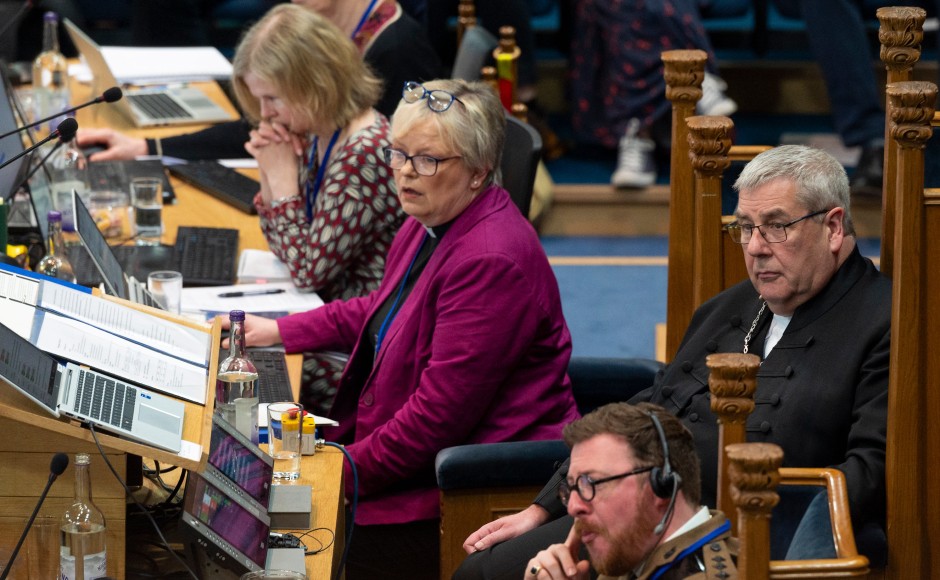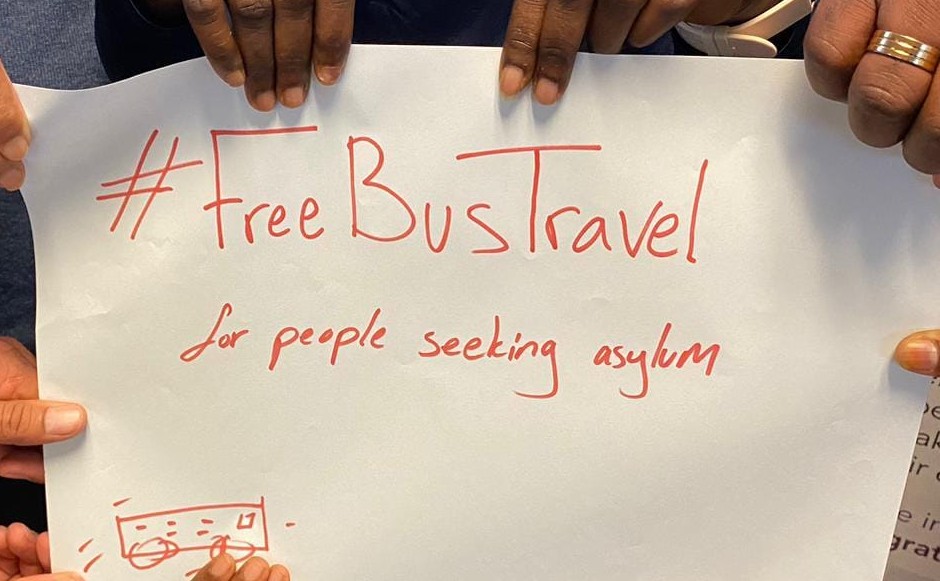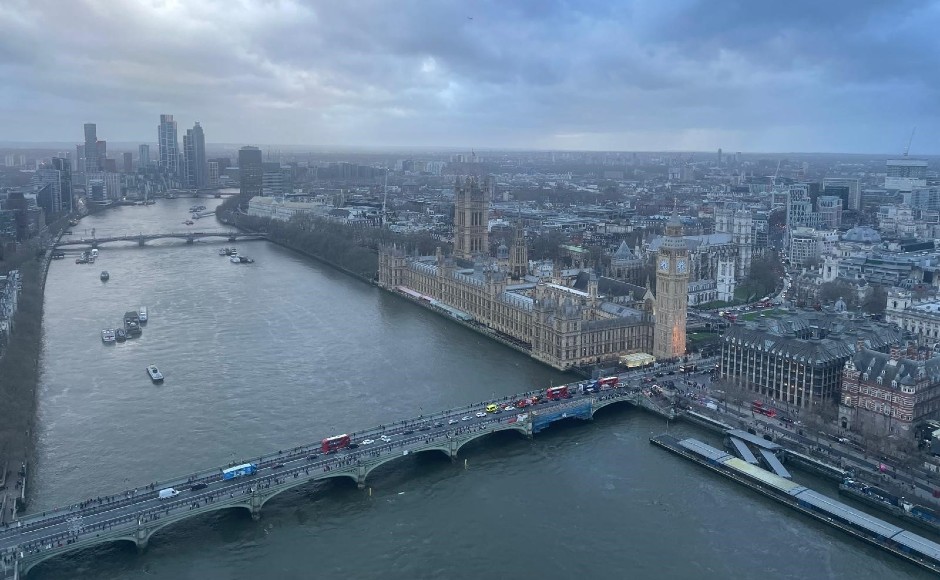Deporting asylum seekers to Rwanda is 'inhumane'
Published on 23 May 2024 3 minutes read
The Church of Scotland has issued a fresh call for the establishment of safe and legal routes to the UK.
Commissioners to the General Assembly were told that no one would willingly cross dangerous seas and deal with human traffickers if there was an offer of safe travel available.
The topic came up during a discussion of the Faith Action Programme Leadership Team report and the current UK Government policy of sending asylum seekers to Rwanda was condemned and described as "inhumane".

Emma Jackson, Public Life and Social Justice Programme Group Leader, said: "The Church of Scotland has made it very clear in signed statements alongside interfaith and ecumenical partners our opposition to both the illegal migration act and the Safety of Rwanda Bill.
"The Very Rev Sally Foster-Fulton (immediate past Moderator) wrote to MPs on the eve of the debate on the Rwanda Bill, urging them to reject this Bill and pursue alternatives.
"We have such grave concerns about the safety of asylum seekers who are being deported to Rwanda."
Ms Jackson said the fact that the UK Parliament has legislated that Rwanda is a safe place does not make it so.
Ashamed
"We are ashamed that the plan reneges on the UK's obligations under the 1951 Refugee Convention and breaches international law," she added.
"We are deeply worried that the plan will result in the separation of families, communities and have lifelong consequences for some of the most vulnerable in our society, many of which have already been forced to ensure unimaginable harm.
"These plans are inhumane and fail to recogise the inherent dignity and value of each and every person.
"There is a cloud of fear over people in the asylum system as they become increasingly worried about the tension and deportation and it is starting to happen."
Ms Jackson told the General Assembly that the media has reported on Glasgow based Aasem Aljanadi, who came to the UK from Syria where he had not only endured unimaginable torture but witnessed the murder of his brother.
"He was detained and taken to England and his brothers have no longer any contact with him," she said.
"This is an ever-increasing hostile environment that asylum seekers and refugees face and the language and rhetoric is all too often aggressive, dehumanising and divisive, robbing people of dignity.
"There is a different way – the establishment of safe and legal routes to the UK is the primary thing we would urge to happen.
"No one would willingly cross dangerous seas and deal with human traffickers if there was an offer of safe travel available.
"Undoubtedly Aasem would have taken a legal and safe route to join his family if that was available to him."
Compassion and justice
Ms Jackson said lifting the ban on asylum seekers being able to work and earn a living while their applications are being processed and restoring UK international aid levels would help.
"We seek more dignified and compassionate treatment of our brothers and sisters," she added.
"Let us all be people of God who use our voice to pursue compassion and justice."
Rev Stella Campbell, minister of Kingshill Church in Aberdeenshire, told the General Assembly that the Church was involved in setting up an asylum seekers hotel in the town of Westhill.
It houses 170 men and her congregation was involved in preparing welcome packs and gathering donations to support them.
Ms Campbell said: "I am immensely proud of how community and congregation have stepped up.
"Over the last 14-months, the work has developed in incredible ways and we have established a clothing bank in the local hotel, a weekly conversation hub and ESOL (language) classes.
"With the turnover at the hotel, we have supported hundreds of men and anticipating more arriving.
"We have encouraged men whose stories would cause your heart to break and yet they are trying their best to integrate into a different culture and learn a new language – Doric."
Sickened
Ms Campbell said some of the men are illiterate in their own language due to war and conflict.
"We have learned a great deal from ensuring equity, when needs are many and varied, from how to manage integration when the population is transitory," she added.
"I am increasingly horrified about the inhumane nature of the system into which they are thrown and I am sickened by the dehumanising and hostile rhetoric used to talk about these men.
"Language matters, these men are not faceless to us, they are not statistics - they are individuals, they have names, families hopes and dreams.
"And now they live in fear of being deported to Rwanda which is devastating for them and heart wrenching for every volunteer who is determined to welcome them."


